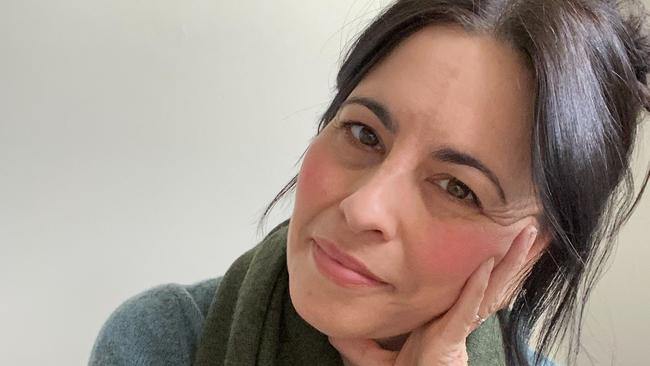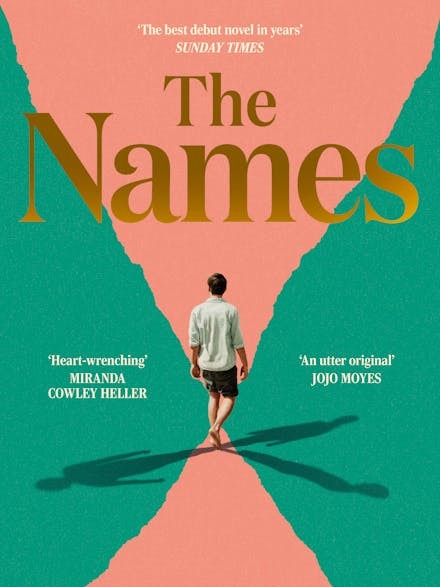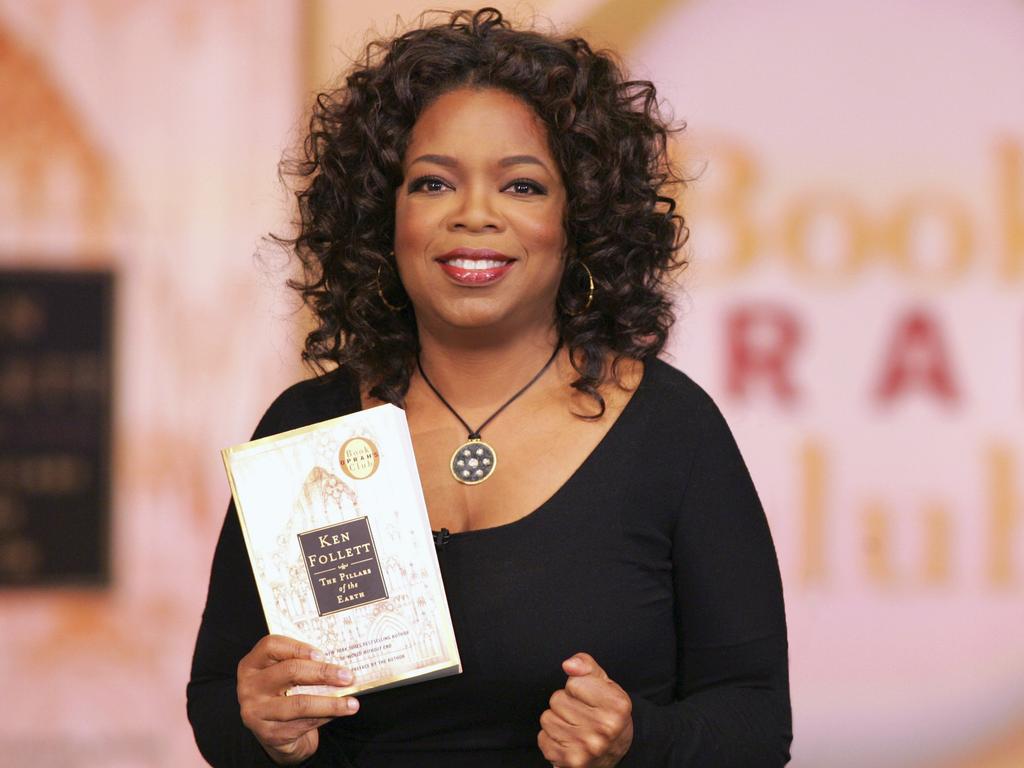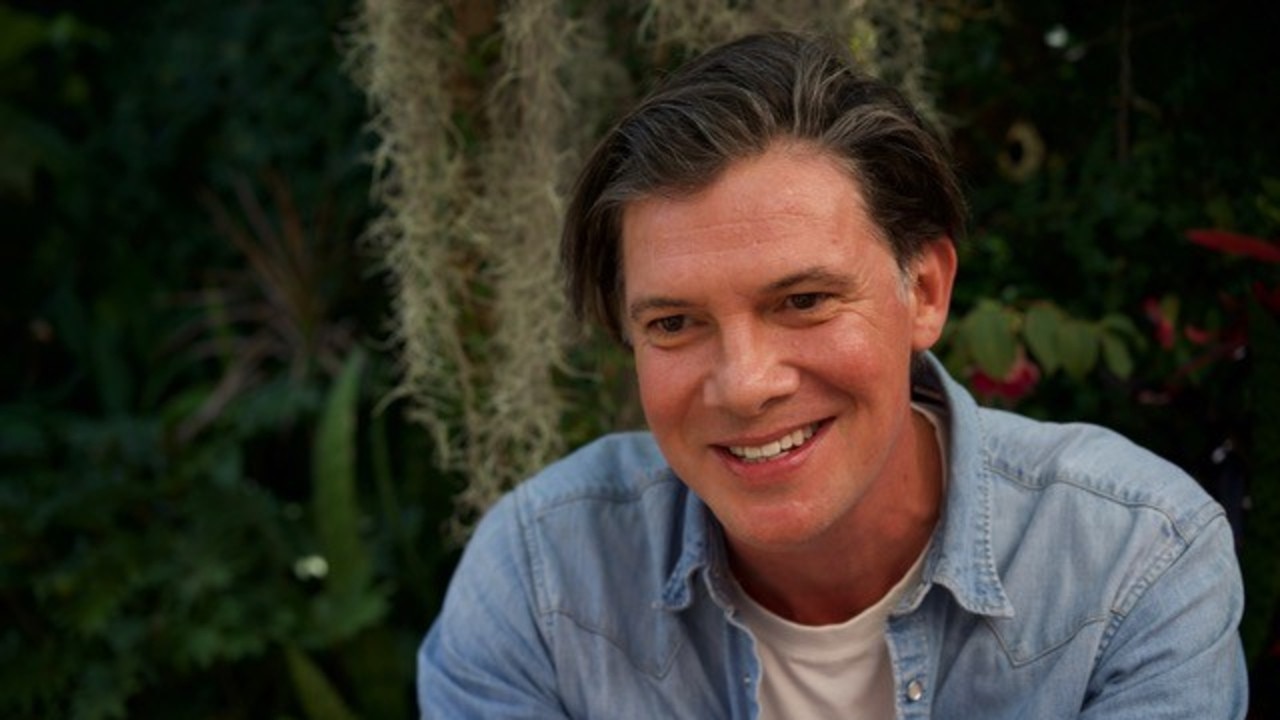The Names review: a boy’s life, thrice
Look out world, one of the most anticipated books of the year has arrived, and everyone’s book club is reading it.

When my little brother was born, my parents were torn between two names: Peter and Tom. For a whole week, he was just “the baby” and eventually, a decision had to be made. So we held a vote. The result was 3-2, and the baby became Tom. It turned out to be a perfect fit for the mischievous little boy he would become (Peter sounds a little too saintly for the child who uprooted every last one of the radishes from his nursery school’s garden).
But what if we had called him Peter? Would his various namesakes, from the saint at the pearly gates to Horrid Henry’s brother Perfect Peter, have moulded him into a better behaved (and much less fun) young man?

That’s the question at the heart of Florence Knapp’s novel, The Names, a debut appearing with so much hype early copies arrived with descriptions of the book as a “global publishing event” emblazoned on them. And for once, that doesn’t seem an exaggeration: the novel was bought in a 13-way auction, was made book of the fair at the 2023 Frankfurt Book Fair and is being published in 20 languages. The excitement has even reached The Times office: in December my colleague Helen Davies wrote a column about The Names, describing it as “the best debut novel in years”.
Knapp, 48, at first seems an unlikely candidate for writing superstardom. Her nonfiction books include a patchwork and quilting manual, and Flossie Teacakes’ Guide to English Paper Piecing. Without wanting to offend the paper-piecing community, this did not fill me with excitement. And yet The Names is an unadulterated success: moving, evocative and utterly convincing.
The premise is deceptively simple. Cora is taking her newborn son to be registered. But what should she name him? Her domineering, abusive husband left no room for manoeuvre: the boy must be named Gordon, like him and like his own father. But Cora finds the name almost viscerally displeasing: “The way it starts with a splintering sound that makes her think of cracked boiled sweets, and then ends with a downward thud like someone slamming down a sports bag.” She prefers Julian, which means “sky father”. To her, “it implies transcending a long line of troubled earth fathers”. Their older daughter, Maia, meanwhile, wants to call the baby Bear: “It sounds all soft and cuddly and kind ... but also, brave and strong.”
The novel then splits into three, and we follow Gordon, Julian and Bear as they each progress through their very different lives.
There is little I can say here without spoiling the particular twists and turns of the book, which spans Brighton, Ireland, Paris and even, briefly, Jordan. People live or die according to the name of this child; they fall in love with different people, they have different careers and vastly different personalities.
And given these disparities, it is remarkable how Knapp has managed to make us care equally about each strand of the child’s life.
What’s fascinating too are the things that stay the same in each version. The depiction of an abusive marriage, for instance, is terrifyingly real: you feel you are in the room when Gordon’s overbearing presence lends it the tension of “an overtightened violin string”.
At one point Maia stumbles on a scene she wasn’t supposed to witness: “Her father knelt over her mother, wrists held behind her back, as she ate from a bowl on the kitchen floor.” Even more horrifying is how Gordon cuts off Cora’s every escape route, leveraging his role as the local GP. In one story, Cora’s mother calls the police when she realises how serious the abuse is, but the officer sent to their house is quick to believe Cora’s half-hearted denials. “It’s just it would have been really awkward if it was true,” he says with a laugh. “He’s my doctor.”
The Names is not for everyone — at times, it teeters towards an ever so slightly cloying sentimentality (“living with Bear must be like having a dog; no matter what mood Maia is in, he still thinks she’s the best thing in the world”). And the sections set in Ireland are slightly let down by some discordant use of the local lingo (“I feckin’ love you, all right”). But these are quibbles, to be skated over as you immerse yourself in Knapp’s picture-perfect set pieces and emotional realism.
I read The Names in a single afternoon, glued to the pages, occasionally wiping away a tear. It’s one of those books that will make you irritable with anyone who interrupts you, but which you’ll finish wanting to press into the hands of a friend. I can see the film adaptations, the book club meetings, the talk-show discussions spooling out in its future: make sure to read it first.






To join the conversation, please log in. Don't have an account? Register
Join the conversation, you are commenting as Logout